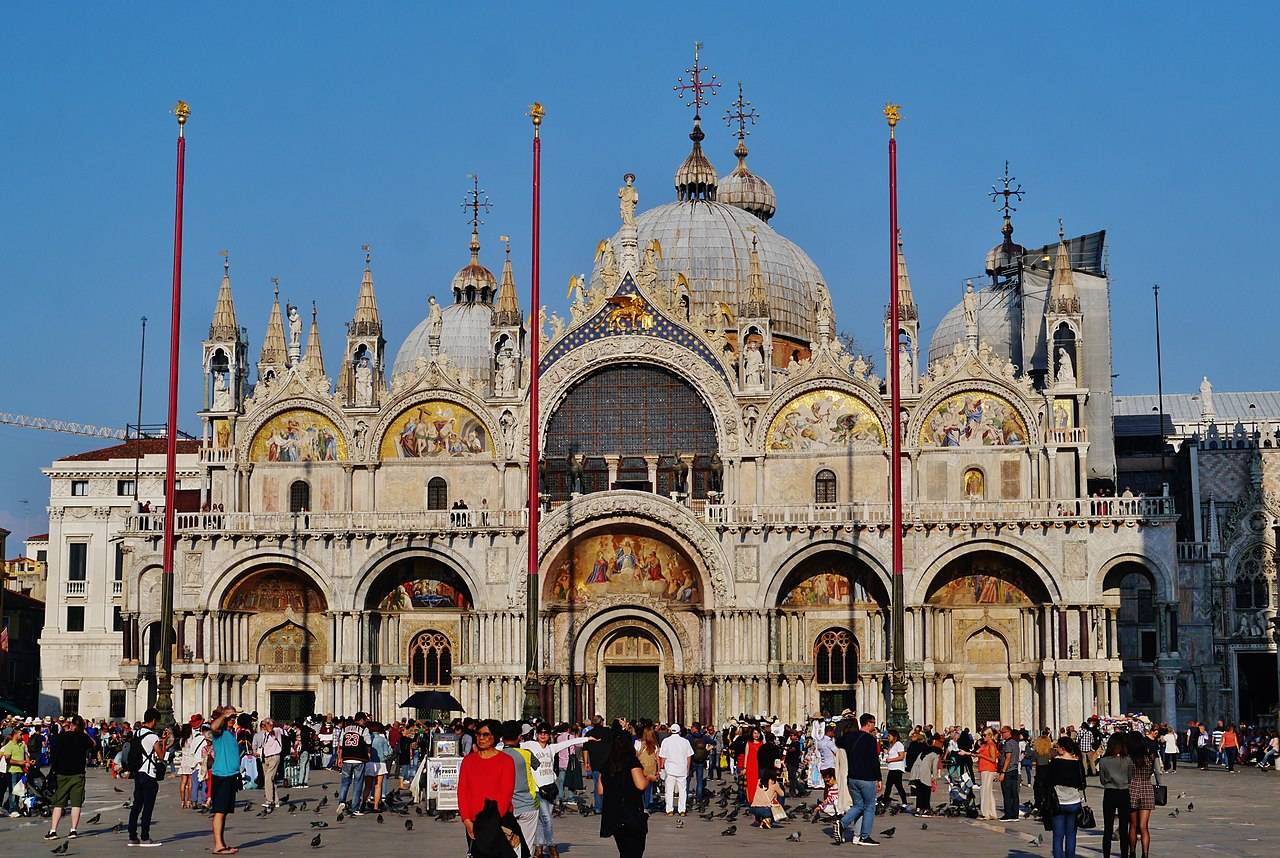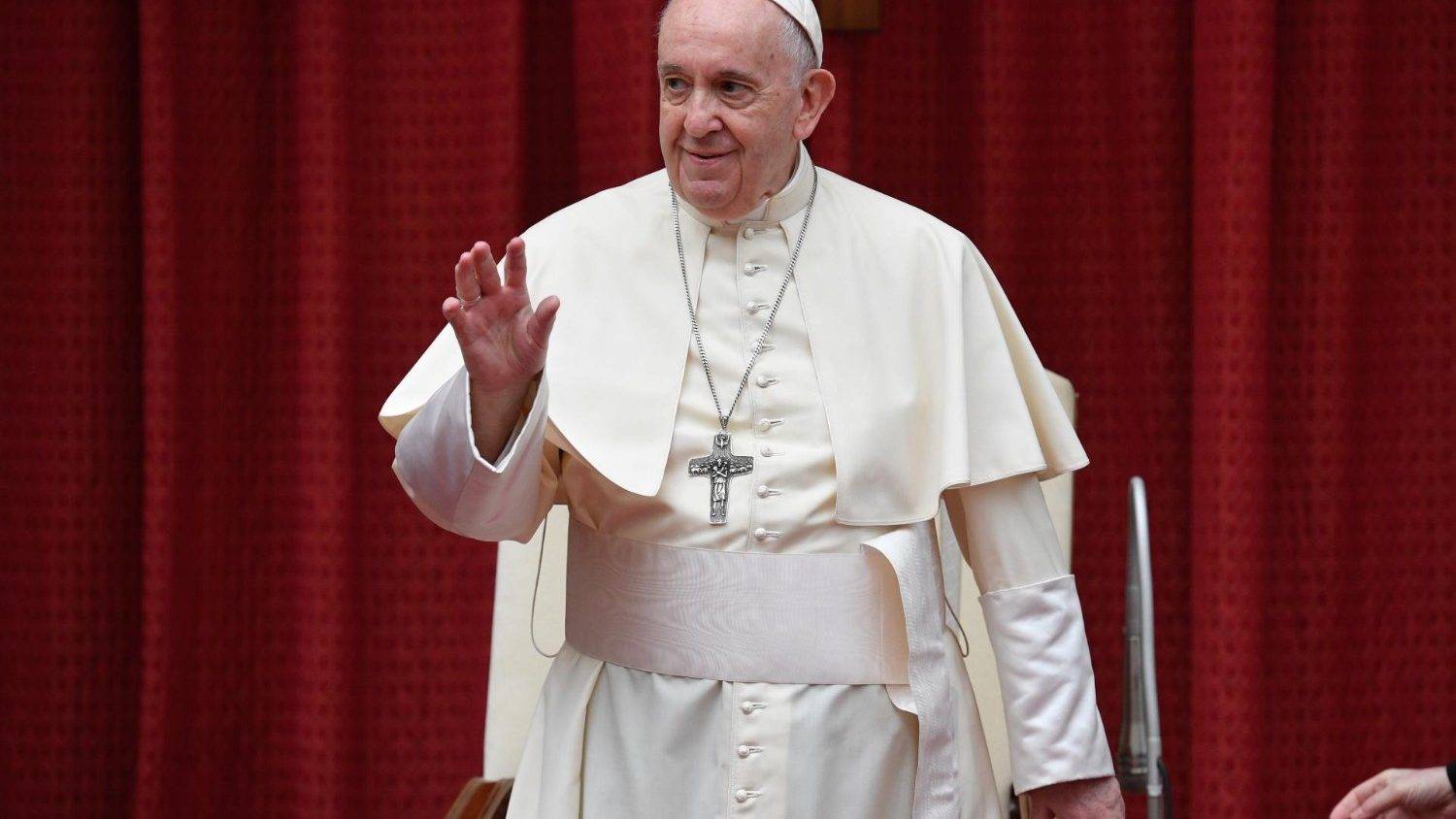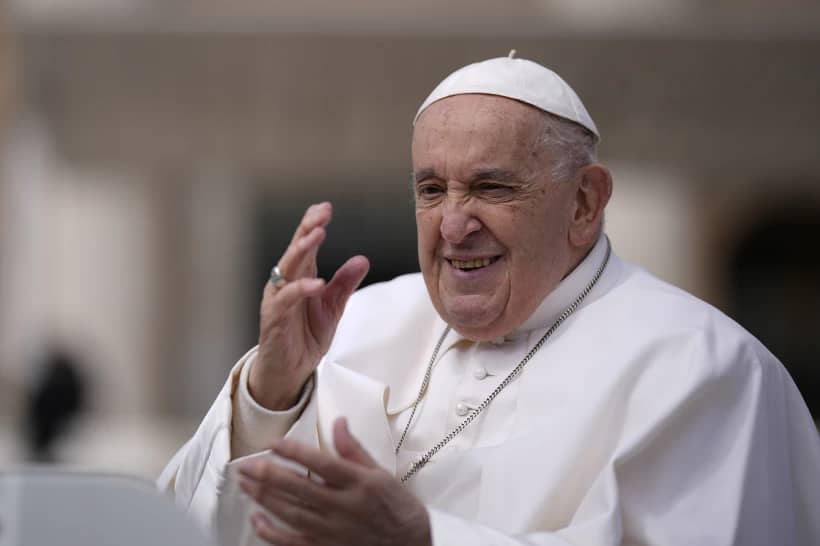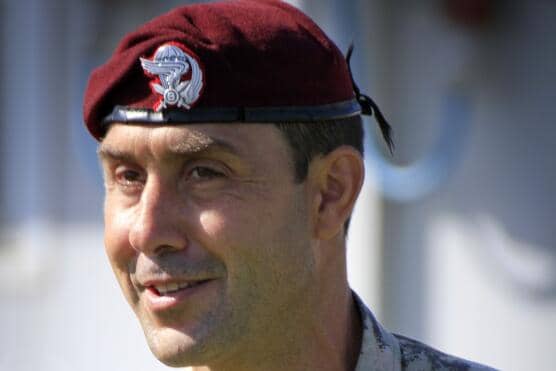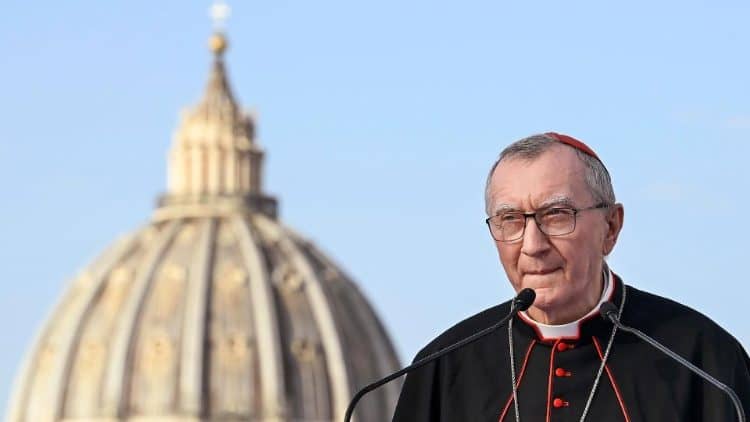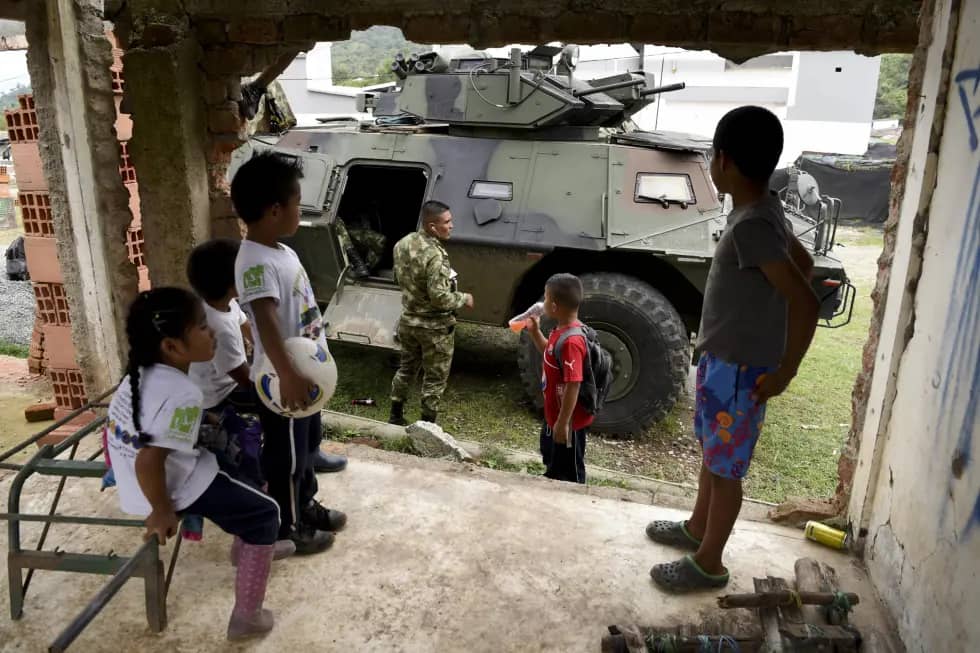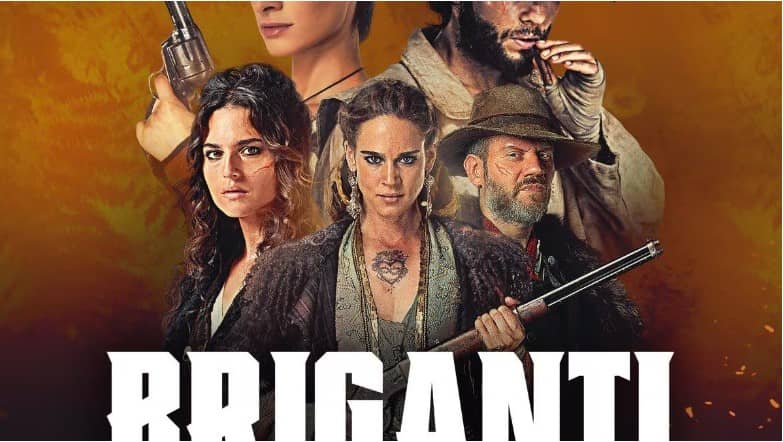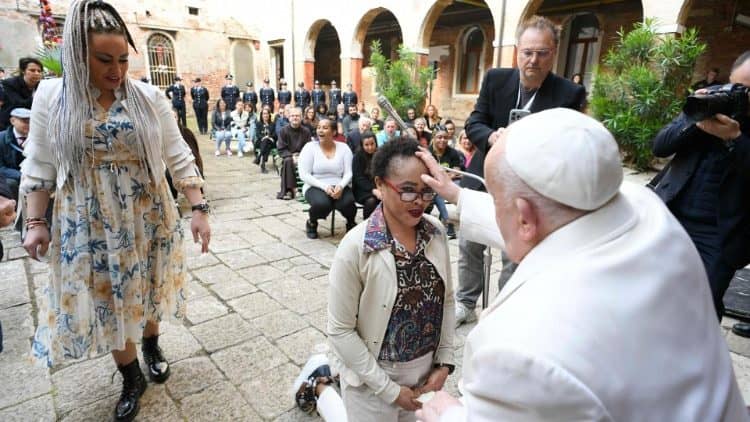ROME – Pope Francis on Monday met with family members of several Israeli hostages being held by Hamas, offering his solidarity and what Israel’s Ambassador to the Holy See said was a much needed “morale boost” as they continue wondering about the condition of their loved ones.
Speaking to Crux, Israeli Ambassador to the Holy See Raphael Schutz said that after the April 8 meeting, the families told him that “they came out satisfied.”
“They know that there is no magic solution, but the commitment of the pope beyond solidarity and human empathy to their plight and the terrible situation in which they are, it was a morale boost, and this is what they were looking for,” he said.
Schutz’s remarks came after Pope Francis on Monday morning met with the families of five Israeli hostages still in the hands of Hamas following their Oct. 7, 2023, attack on Israel, which left 1,200 people dead and during which over 240 people were abducted.
According to Schutz, around 133 people remain in captivity, 36 of whom have died, “but this number I’m afraid can be higher.”
Among those who met with Pope Francis on Monday were relatives of the Bibas family, a mother who was taken with her two infant daughters, and whose husband was also abducted in the course of the Oct. 7 attack.
Others included the relatives of hostages Omri Miran, Agam Berger, Guy Gilboa Dalal, and Tamir Nimrodi.
Schutz said that according to Israeli intelligence, all of the hostages whose families the pope met with were taken alive and it is believed that most of them are still alive, however, it is difficult to verify with certainty, and their whereabouts are also currently unknown.
Hamas has claimed that the mother and two infant girls were killed amid ongoing fighting, “but we don’t have any confirmation of that,” Schutz said.
In terms of whether another hostage release could soon be organized, Schutz said that in recent days “there have been signs of optimism.”
“We’ve been there in the past, so I don’t want to create any false optimism,” he said, but indicated that “there are some noises that another release might be close.”
Should another hostage release occur, it would be extremely important, Schutz said, because “the human suffering is terrible” on the part of all families waiting for news about their loved ones.
In addition to meeting with the pope on Monday, the families also met with around 20 diplomats accredited to the Holy See from 22 countries.
They were accompanied by Israeli Foreign Minister Israel Katz, who Schutz said took the families “under his wing” and requested a series of meetings with Italian government representatives and with Pope Francis as part of the trip.
Pope Francis, Schutz said, made it clear that he views the hostage issue as “a humanitarian one,” and therefore wanted to meet with the families “and the families only, so no politicians and no officials, namely, not the minister and not the ambassador, only the family members.”
The meeting lasted roughly 35-40 minutes, Schutz said, saying the families told him that Pope Francis was “very empathetic and attentive, and showed a lot of solidarity for their pain.”
“He promised them that the issue is close to his heart, that he is close to the family members, that he will continue to do every possible effort that he can do in order to help in the effort of releasing all of the hostages,” he said.
At the same time, Schutz and Katz met with Vatican Secretary for Relations with States Archbishop Paul Gallagher in a parallel meeting to discuss the situation.
This is the second meeting Pope Francis has held with relatives of Israeli hostages, having met with delegations from both Israel and Palestine in November, with the Israeli delegation consisting of family members of hostages and the Palestinian delegation being people from Gaza.
In terms of whether Monday’s second meeting with Israeli families helped to smooth over tensions that have arisen over remarks made by Pope Francis and his top aides suggesting that Israel’s reaction to the Oct. 7 attacks has been disproportionate, Schutz said the pope’s commitment to the hostages was “never in doubt.”
What tensions had arisen, he said, surrounded “a very heavy focus on Gaza, in a way not relating to the full scale of the conflict in which Israel is basically attacked from four or five fronts.”
Other tensions surrounded remarks by Vatican Secretary of State Italian Cardinal Pietro Parolin and other top aides for “fixing an opinion about whether Israeli measures have been proportionate or not, exclusively on the number of casualties on the Palestinian side. That’s given by Hamas.”
“So I would say that on the humanitarian level, the commitment of the pope to the hostages, with him being against all human suffering, this was never an issue,” he said.
Referring to the meeting the families had with diplomats accredited to the Holy See, Schutz said they listened attentively to the families’ plight, and to their suffering.
The families, he said, asked the diplomats “to transmit to their respective governments their request to exercise every possible leverage to create the release of the hostages, or at least to get some information about their whereabouts, whether they are alive or not, if they are alive how is their health, nothing of this information has passed through until now.”
According to Italian news agency ANSA, some of the family members spoke at a press conference in Rome after meeting with Pope Francis, calling the encounter “very emotional.”
“His solidarity emerged clearly. He said he was in contact with the Catholic Church in Gaza and that he is working with his channels for the release of the hostages.”
They said Pope Francis defined Hamas as “bad, evil people,” and that “we couldn’t hope that he would spend so much time with us.”
“He was very warm and told us that he will do everything possible, with the countries linked to the Vatican, to bring the hostages home, as if it were an international mission,” they said.
Follow Elise Ann Allen on X: @eliseannallen







